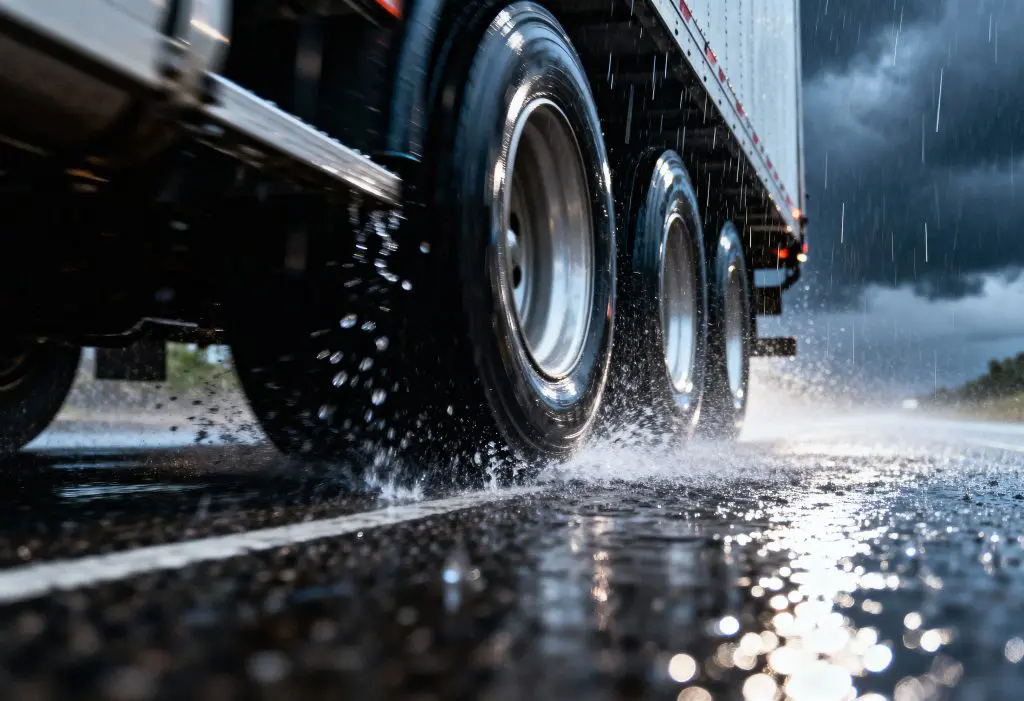Truck washing may seem simple, but in reality, it plays a huge role in environmental protection. With millions of commercial trucks on American roads, keeping them clean requires massive amounts of water. That’s why truck wash water recycling has become a major sustainability trend across the USA.
But why is it so important? And how does it actually help the environment?
Let’s break it down.
Why Truck Wash Water Matters
Every truck wash involves dirt, grease, road salts, oils, and chemicals being washed off. Without proper treatment, this contaminated water can seriously harm soil and water bodies.
The Growing Demand for Sustainable Washing Solutions
With stricter environmental laws and rising business awareness, more truck wash stations and fleet operators are switching to water recycling systems.
Understand Truck Wash Water Recycling
What Is Water Recycling in Truck Washes?
It’s a system that captures used wash water, filters it, treats it, and uses it again for future wash cycles. Instead of wasting thousands of gallons per wash, businesses reuse most of it.
How the Recycling System Works
Collection: Used water flows into underground or above-ground tanks after each wash.
Filtration: Solids like sand, dirt, and debris are removed.
Treatment: Oil-water separators, biological agents, or chemical treatments clean the water further.
Reuse: Cleaned water goes back into the wash system, ready to use again.
Major Environmental Benefits of Truck Wash Water Recycling
1. Conserves Freshwater Resources
Freshwater is becoming scarce, even in parts of the USA. A single truck wash can use 100–300 gallons of clean water. Recycling can save up to 80% of it per wash.
2. Reduces Water Pollution
Runoff from truck washes contains oils, metals, detergents, and chemicals. Recycling drastically reduces how much of that enters rivers, lakes, or soil.
3. Minimizes Soil Contamination
Reuse of treated water means fewer contaminants seep into the ground. This protects land near wash stations and prevents long-term ecological damage.
4. Cuts Down Chemical Waste
With a closed-loop system, fewer harsh chemicals are needed, meaning lower environmental impact and safer operations.
5. Lowers Carbon Footprint
Less water consumption means reduced energy use for transportation and treatment. Recycling helps fleets move toward eco-friendly goals.
6. Supports Sustainable Fleet Operations
Eco-conscious companies gain a positive public image, helping them comply with environmental standards and attract more clients.
How Water Recycling Helps the USA Address Environmental Challenges
Water Scarcity Concerns
States like California, Arizona, Texas, and Nevada face serious water shortages. Truck wash recycling eases the demand on limited freshwater supplies.
Protecting Rivers, Lakes, and Groundwater
It helps keep harmful chemicals out of major water bodies, reducing risks to aquatic life and drinking water sources.
Meeting State Environmental Regulations
Many states require eco-friendly wastewater management. Recycling helps companies stay compliant.
Economic Benefits That Support Environmental Gains
Reduced Operating Costs
Lower water bills and reduced wastewater disposal directly save money.
Longer Lifespan of Equipment
Cleaner internal systems mean machines last longer and require fewer repairs.
Lower Wastewater Disposal Costs
Since less wastewater is produced, disposal fees drop significantly.
Best Practices in Truck Wash Water Recycling
Using Biodegradable Cleaners: Eco-friendly soaps reduce contamination and help the recycling system work more effectively.
Regular Maintenance of Recycling Equipment: Well-maintained systems provide cleaner water, faster processing, and longer equipment life.
Employee Training for Efficient Use: Proper training ensures less waste and smooth recycling operations.
Types of Water Recycling Technologies Used in the USA
Biological Treatment Systems: Bacteria break down contaminants naturally.
Mechanical Filtration Systems: Screens and filters trap solids like mud and sand.
Reverse Osmosis & Advanced Purifiers: High-end technologies create near-clean water suitable even for sensitive surfaces.
Real Examples of Sustainability Success in the Trucking Industry
How Large Fleets Cut Water Use: Major US fleets have reported cutting their water usage by up to 70% using automated recycling systems.
Truck Stop Wash Stations Implementing Green Solutions: Many national truck stops now include recycling systems as part of their eco-friendly service upgrades.
Conclusion
Truck wash water recycling isn’t just a trend — it’s a necessity. With rising water scarcity, strict environmental regulations, and growing sustainability initiatives, recycling systems are becoming the backbone of eco-friendly fleet maintenance in the USA.
By conserving water, reducing pollution, lowering operational costs, and supporting long-term environmental goals, water recycling offers a win–win for both businesses and the planet.

